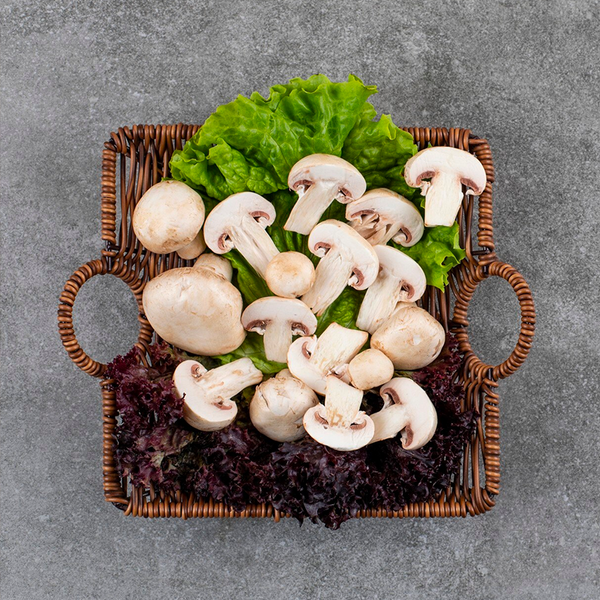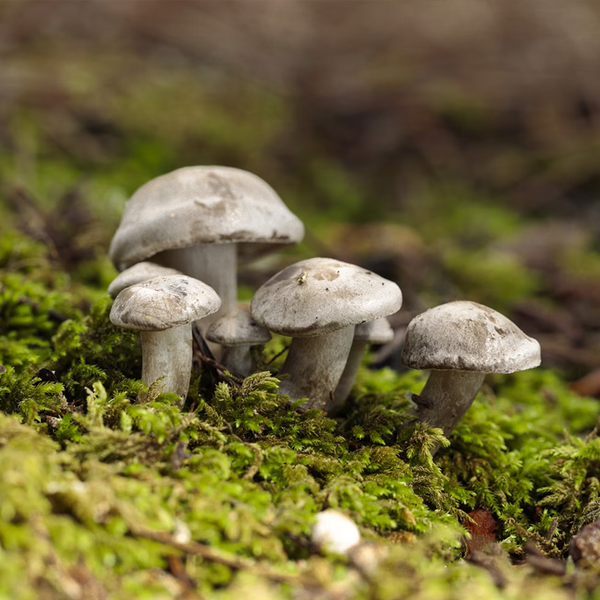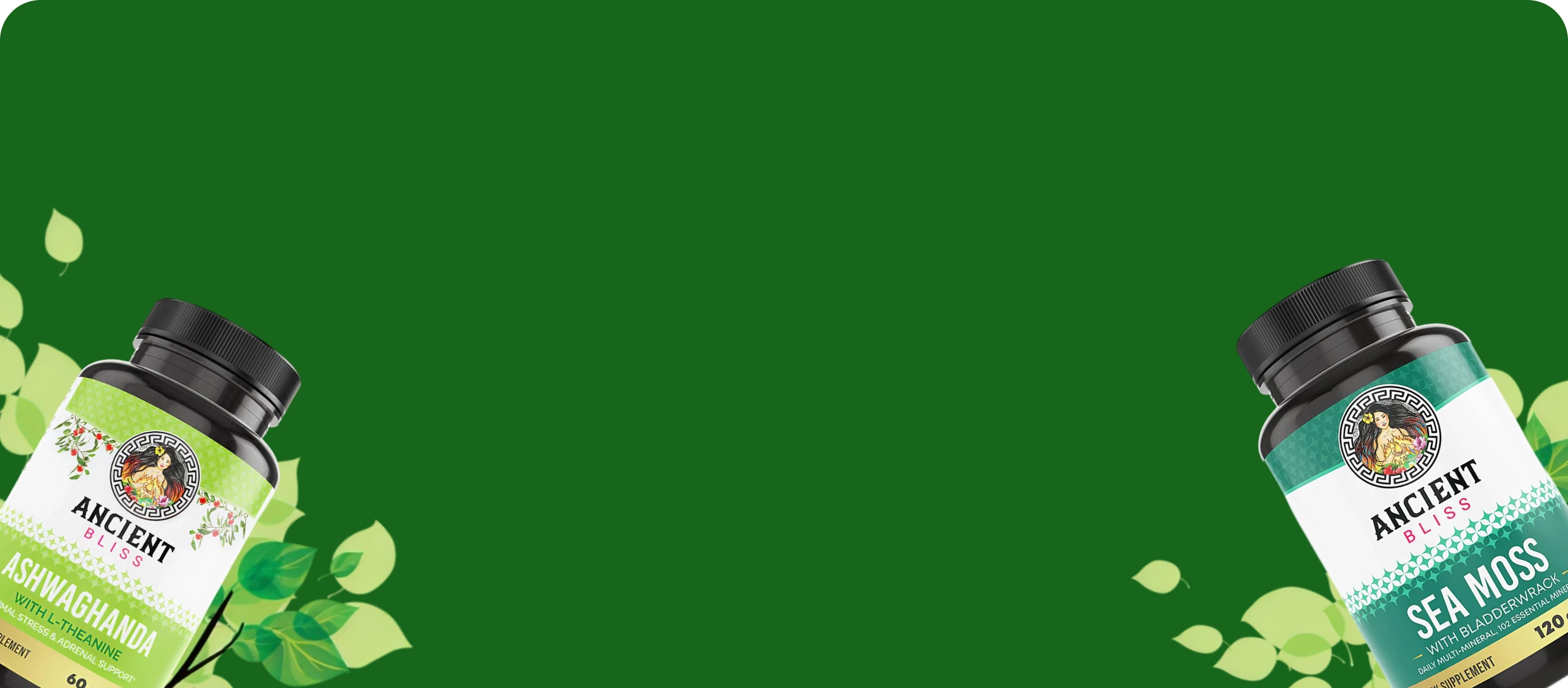The 6 Functional Mushrooms Everyone Is Talking About (And How They Work)

Mushrooms have been a source of nourishment and healing for thousands of years and continue to be popular among health-conscious people even today.
To that end, we’ve put together a list of the six most popular mushrooms everyone is talking about and why you should consider them.
Let’s discuss
1. Maitake
Maitake, which means “dancing mushroom” in Japanese, is a mushroom and adaptogen. It can help the body more easily handle physical and psychological stress. On top of that, maitake is linked to other positive outcomes (1, 2).
The mushroom can support immune system function thanks to its rich nutritional profile. It is rich in vitamin C, potassium, antioxidants, and other compounds capable of strengthening the body’s defense system.
Maitake is also suggested to help regulate blood sugar levels and cholesterol, thus showing promise for cardiovascular health and diabetes prevention (2).
2. Chaga
Chaga has been used as part of natural treatment in northern countries, including Russia, for centuries. Its primary benefit is thought to be immune system support (3).
According to some sources, chaga has been used in the treatment of some cancers and diabetes (4).
Research on this fungus is limited, but its excellent nutritional profile and extensive use in various parts of the world suggest that chaga can promote overall health and well-being.
3. Lion’s Mane
Lion’s mane mushrooms, which get their name because of their appearance (large and shaggy, resembling a lion’s mane), contain many bioactive compounds that could promote good health on several fronts.
Some of the most notable benefits of these mushrooms relate to:
- Healthy digestive system
- Cardiovascular protection (5)
- Blood sugar control (6)
- The prevention of neurological disorders (7)
- Anti-inflammatory and antioxidant effects
4. Cordyceps
Cordyceps is a type of parasitic fungus that infects insects, depletes them of nutrients, replaces their tissues, and sprouts long stems that extend out.
For centuries, people have collected the remains of the fungus and infected insects for medicinal uses. These remains are dried and used to treat illness, chronic fatigue, and low libido.
Despite the somewhat scary way in which cordyceps takes over insects’ bodies, the mushroom is linked to a variety of health benefits, including:
- Antioxidant and anti-inflammatory effects (8)
- Potential blood sugar control effects
- Cardiovascular benefits (9)
- Anti-tumor effects
- A boost in exercise performance
5. Turkey Tail
Turkey tail is another medicinal mushroom with a wide range of potential health effects. The fungus has been used to treat various ailments for centuries.
Its effects are mostly tied to its ability to strengthen the immune system, allowing the body to more effectively guard itself against external invaders, inflammation, and disease (10).
For one, turkey tail is loaded with various antioxidants that protect healthy cells from reactive oxygen species (ROS). Second, studies show that turkey tail can strengthen immune system function in healthy people and cancer patients (11).
6. Reishi
The Reishi mushroom is particularly popular in Eastern medicine thanks to its potential effects on the body.
Some of the most common benefits associated with Reishi include a stronger immune system, reduced fatigue, a lower risk of suffering from depression, and improved cardiovascular health (12, 13).
Some research suggests that Reishi has anti-cancer properties and could kill tumor cells. In addition, observational research links Reishi consumption with a higher survival rate (14).
In same category
-
![]()
The 6 Functional Mushrooms Everyone Is Talking About (And How They Work)
Mushrooms have been a source of nourishment and healing for thousands of years and continue to be popular among health-conscious...
-
![]()
The 6 Functional Mushrooms Everyone Is Talking About (And How They Work)
Mushrooms have been a source of nourishment and healing for thousands of years and continue to be popular among health-conscious...
-
![]()
The 6 Functional Mushrooms Everyone Is Talking About (And How They Work)
Mushrooms have been a source of nourishment and healing for thousands of years and continue to be popular among health-conscious...






